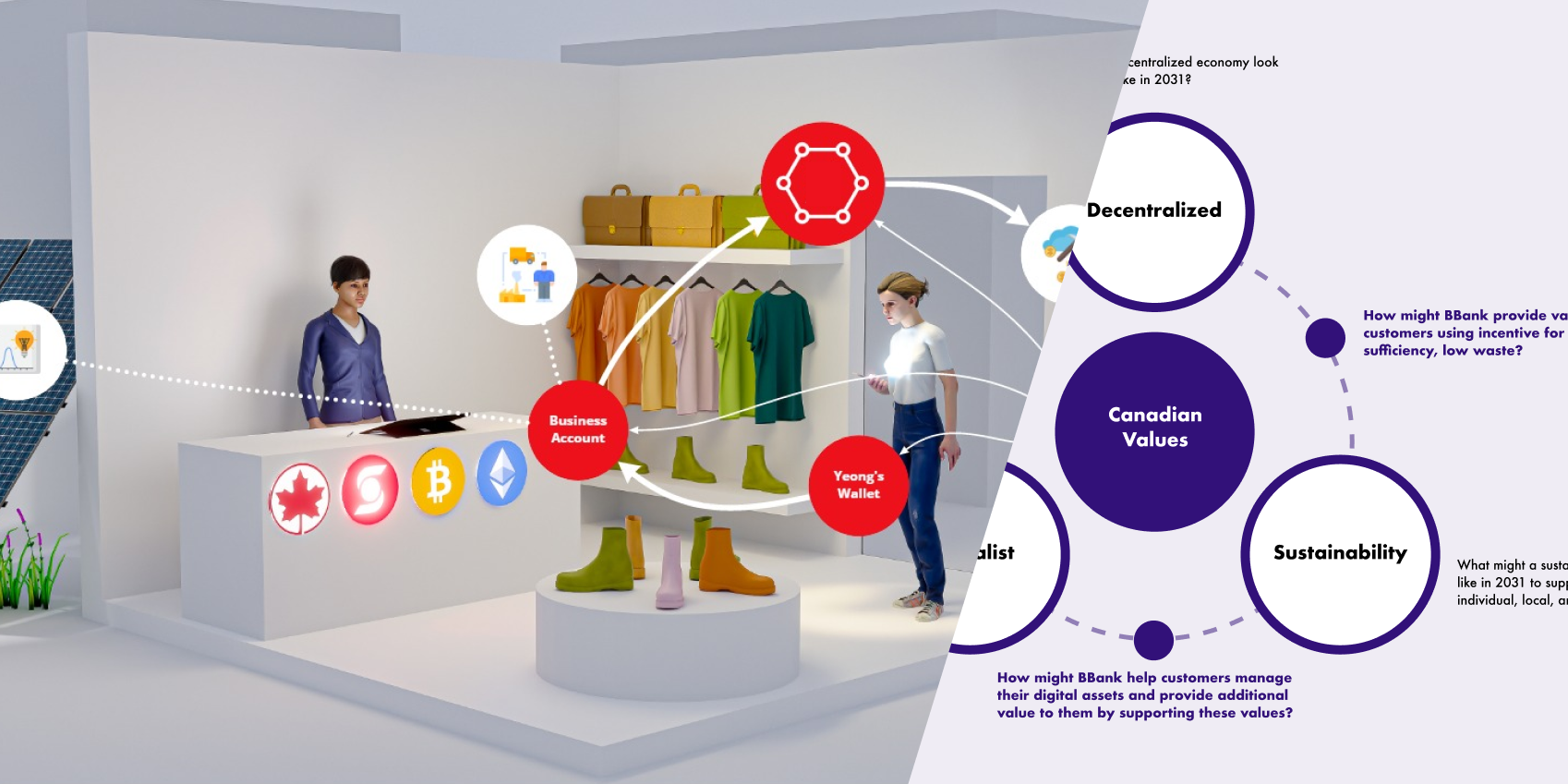Have you ever been asked where where are you from? no, like REALLY from? Have you ever been told that you were pretty for an Asian or that you almost have no accent?
Within the discourse on racism and stereotypes, where do casual cultural jokes, unconscious remarks about someone’s eyes, or accent imitations locate themselves? These microaggressions, due to their uniqueness in intention, scale and visibility, are particularly hard to address. Research has also found that they can have major long term psychological and physical impacts.
callout aims to expand inclusive environments and communities by targeting the issue of microaggressions within public spaces for people of cultural minorities. With the emphasis on individual self-awareness, collective engagement, and knowledge sharing, callout will create a digital and physical community that educates, intervenes, and shares experiences to prevent microaggressions.
The callout Framework
The callout framework includes a callout digital platform, a mobile application; a callout echo pendant, a tool to assist the users in calling out inappropriate behaviours; and a callout environment, a space designed to ensure inclusivity.
The callout Digital Platform
The core experience of callout is a digital platform designed to educate, encourage interventions, and strengthen community building. It is a space based on knowledge sharing, art, and design as common ground to grow empathy and cultural understanding.
PHASE 1 - KNOWLEDGE
Knowledge and cultural understanding form the basis of callout. Stereotypes and unconscious biases will be explored, analyzed, reinterpreted, and expressed through the lenses of critics, artists, designers, and others.
This establish a common ground and platform for communication and collaboration. It keeps up to date with the latest cultural events and nearby cultural communities.
PHASE 2 - EXPERIENCE
The cultural traditions and microinterventions will be experienced and learned through virtual and physical workshops and events at OCAD University.
callout provides a database of resources for organized activities organized by individuals, collectives, or institutions with the goals to grow cultural awareness.
PHASE 3 - ACTION
callout prompts real-life intervention through digital simulation and self-awareness development.
Real-time microintervention data gathering and prompt questions develop user’s sensitivity to microaggressions and encourage calling out in real life situations.
PHASE 4 - SUPPORT
callout provides a database of external support within the university, and safe intervention methods when witnessing microaggressions.
The callout echo Pendant
echo pendant uses visual cue to respectfully call out inappropriate behaviours. It is connected to callout digital space to archive microintrevention moments for the school’s database and for self reflection moments.
VERSATILITY
The echo pendant is adaptable to be worn as a ring, a bracelet, a necklace pendant, or an enamel pin to maximize comfort for the wearer.
ACTIVATION
echo consists of a solar panel and an LED display. It can activated by pressing onto the surface. Once activated, it can be placed at the centre of the conversation to facilitate the process of calling out and discussion.
The callout Environment
callout environment is a series of signage and space design to facilitate the users in seeking external support and to give them spaces in need of emotional stability. It aims to provide the user with spatial resources through safe spaces and human resources with microtags.
SAFE SPACES
callout safe spaces are lounges where students are welcomes to learn or to gain emotional stability. These spaces are versatile for daily use or special events or workshops. They provide users with individual spaces, small group spaces, and large communal spaces.
MICROTAGS
Microtags are used by faculty members who are open to be personal support for students who struggles. They can stick the micro tags on their name sign at their office and when not available, students can reach them through microtag contact card.
Nominations & Exhibitions
I was invited to presented my work at the ACIDO Rocket Competition, a competition for the top 10% of Industrial Design graduates in the province of Ontario.
My work was showcased on OCADU University’s virtual Graduate Exhibition - GradEx 106; the Industrial Design program’s virtual Graduate Show and Webinar - First, which I was the creative director of; and my final design was presented to my thesis advisors,Koby Barhad & Angelika Seeschaff-Veres, and my classmates.
